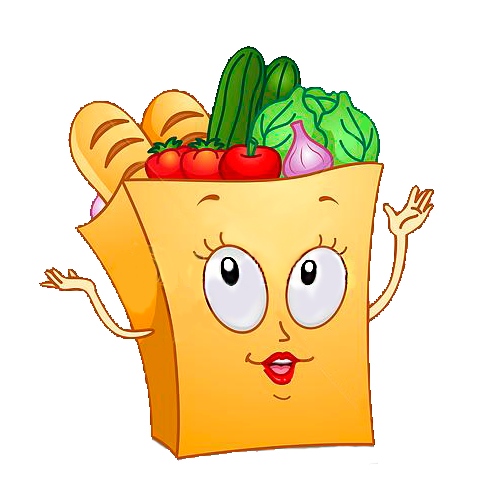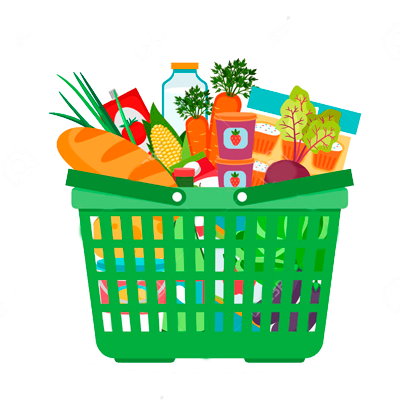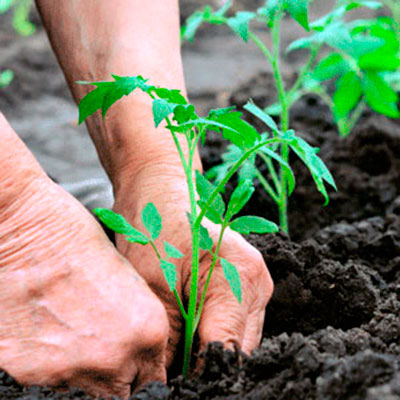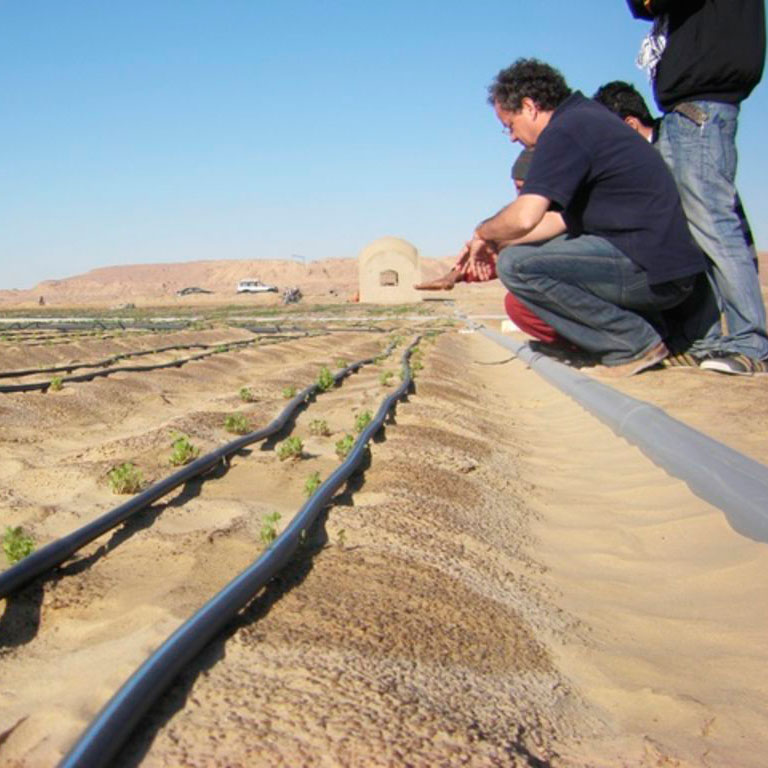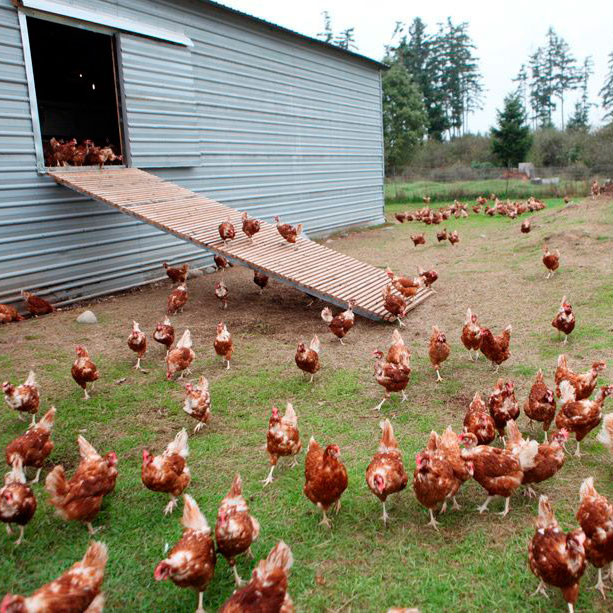Simple
Eating a feeding, offset diet assists with our general feeling of prosperity, and keeping in mind that the pandemic keeps on influencing regular day to day existence, a solid way to deal with food is a higher priority than any time in recent memory as far as supporting our psychological wellness.
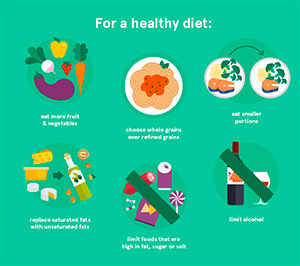 During testing times, it very well may be enticing to sideline smart dieting. To help bolster both your physical and emotional well-being, attempt to follow these Australian Dietary rules regularly:
During testing times, it very well may be enticing to sideline smart dieting. To help bolster both your physical and emotional well-being, attempt to follow these Australian Dietary rules regularly:Eat a lot of new vegetables, vegetables and natural products Eat a lot of oats, ideally wholegrain, for example, breads, rice, pasta and noodles Include lean meat, fish, poultry as well as options Include milks, yoghurts, cheeses or potentially options Drink a lot of water Limit admission of nourishments containing soaked fat, included salt and sugars Limit admission of caffeine and liquor.
Keep things basic
Given the current circumstance, it's justifiable in the event that you've lost your magic in the kitchen, just as your hunger now and again. On the off chance that cooking and keeping up a sound eating routine is extreme for you at this moment, attempt and keep things as basic as could reasonably be expected. Here are some helpful hints.
Dinner arranging can help remove the pressure from cooking. Compose a week by week shopping list – limiting the occasions you have to go to the shops – and attempt and adhere to your arrangement. Figure out how to get ready basic, brisk, solid dinners and utilize solidified pre-cut vegetables and products of the soil quality canned nourishments, for example, beans and lentils, to spare time Make utilization of web based shopping and home-conveyed food supplies to help with physical separating limitations and to thump going shopping for food off your plan for the day. Clump cook huge amounts of food to freeze. Put into discrete compartments to keep away from squander. Take advantage of brisk and simple cooking strategies, for example, pan-searing, stove plate heats, pressure cookers, flame broiling and microwaving.
Emotional eating
As we keep on exploring this dubious time and invest such a great amount of energy at home, it tends to be enticing to utilize food as a type of solace as well as interruption. Individuals with existing – or developing – uneasiness or gloom, might be thinking that its difficult to eat appropriately at the present time.
Regardless of whether because of loss of hunger, comfort eating, absence of inspiration, sentiments of weariness, depression or low confidence, food can turn into an emotional essence.
For individuals encountering tension or melancholy who solace eat, consistently go to undesirable nourishments, and who aren't genuinely dynamic, gaining weight gain is normal. On the other hand, loss of hunger, skipping dinners and weight reduction is additionally regular in those encountering low state of mind, stress, uneasiness and additionally misery.
Cooking for genuine feelings of serenity
Numerous individuals have grasped the chance to tidy off their cookbooks and look over their aptitudes in the kitchen while remaining at home during the pandemic.
Just as being an agreeable method to relax, cooking can be a type of reflection as well. It offers us an opportunity to get away from the concerns and stresses – at any rate for some time – while we exclusively center around making something delightful. And keeping in mind that for a few, cooking may basically be a necessary chore, numerous individuals (counting those with tension and melancholy) locate that setting aside the effort to plan solid, delicious dinners without any preparation does them the ton of good.

